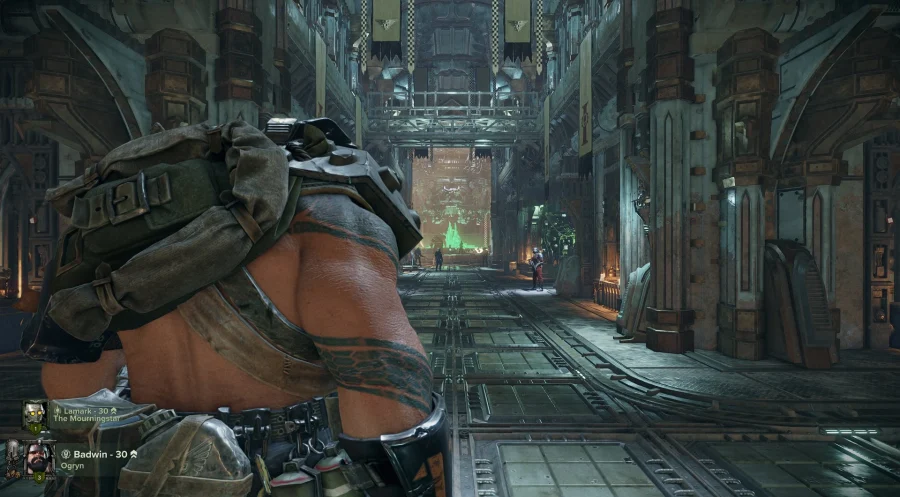Smart cities may look towards open wireless standards to save billions in Internet of Things (IoT) deployment costs. Choosing open standards could cut costs by 30 percent and promote more cities to utilize IoT, according to Machina Research.
The market intelligence firm predicts that by 2025 smart cities may spend $1.12 trillion on deploying smart tech, but might save up to $341 billion if they use open wireless standards instead of proprietary.
See Also: Breezometer and GE breathe deep on smart city air quality
On top of the lowered cost for deployment, Machina also sees 27 percent more connected devices by 2025, if open wireless standards are adopted by smart cities and IoT providers.
Machina makes mention of two open standards, Bluetooth Low Energy and OneM2M, that are available to use without license. If all smart cities use the same standard, it leads to more interoperability between networks and applications, reducing the set up costs for a new device.
The current issue is IoT providers are bundling proprietary wireless tech with their deployment software, instead of utilizing open source alternatives. Some companies are also offering their services to smart cities for a cheap price, according to Machina, but with no promise of the license remaining the same price 10 years later.
Wireless alliances coming together
Companies are starting to set up alliances around open wireless standards, in the hope of interoperability between smart cities. Applications like smart parking apps could work in more than one city, if a single standard is adopted.
230 companies — including AT&T, Samsung, IBM Europe, and Verizon — have backed the OneM2M standard. Even more have backed Bluetooth Low Energy, especially smart home manufacturers.
Switching to open wireless standards shouldn’t be too much of a burden, although it might sting some organizations to give up a proprietary license they paid thousands to use. Thankfully, IoT is still in its infancy, so good and bad decisions will be case studies for future smart cities.









